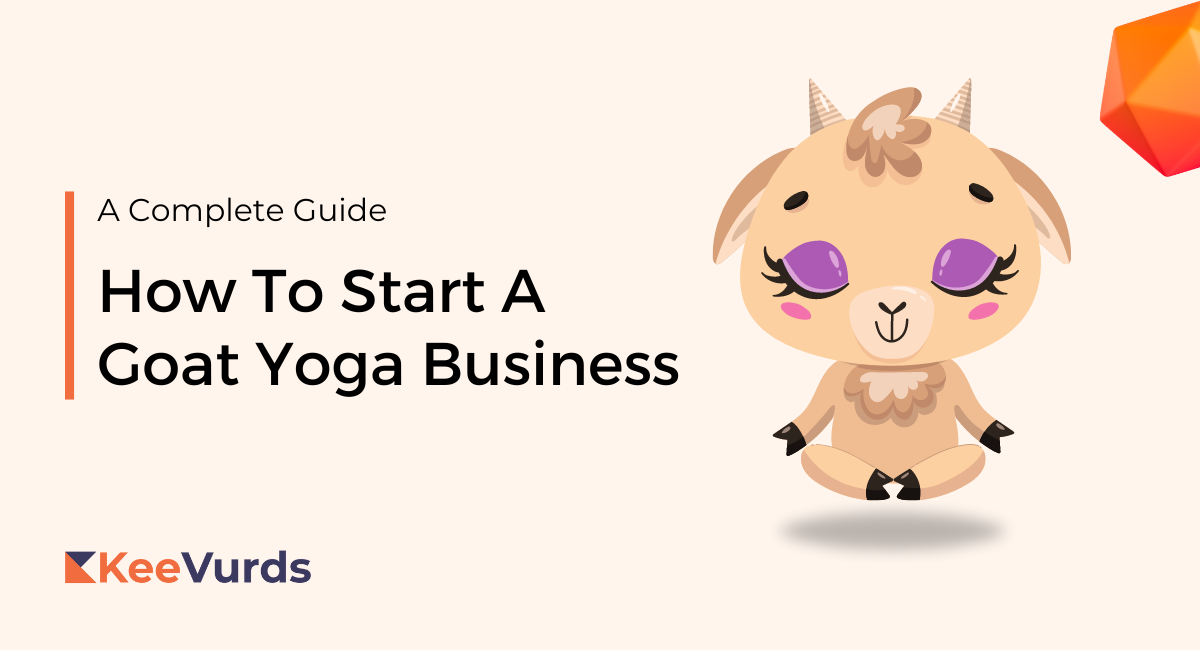Have you ever wondered how startups manage to secure the funds they need to take their businesses to the next level?
You’ve probably heard about startups raising money in different rounds, but you might be feeling a bit confused. Questions like, “What are these funding rounds?” or “How do they work?” might have crossed your mind.
Don’t worry; we’re here to provide you with a beginner-friendy guide to understanding startup funding rounds and some key points to know.
So, let’s get started:
What Are The Funding Rounds of a Startup?
Startups require capital to run their operations and grow. The founders can either remain bootstrapped to use their own funds or can raise capital from outside as per their requirements.
To raise funds, startup founders often turn to investors for financial support. These investments are structured into different rounds and each round has its own characteristics and purposes.
Let’s break down these 4 major rounds of funding to make it easier for you to understand.
Seed Round
The seed round is usually the first funding round for a startup. It is the initial capital required for the startup to get the ball rolling. Here are three key points to understand about seed rounds:
- Early-Stage Capital: Seed rounds are all about kickstarting the business and taking the first few baby steps. This is where startup founders approach angel investors, venture capitalists, or even friends and family for the essential cash requirements.
- Size Varies: Seed round investments can range from a few thousand dollars to several million. It depends on the startup’s needs, the industry, and also the investor’s appetite.
- Use of Funds: Startups may use seed capital for various purposes including validating their ideas, developing prototypes, and, in some cases, building their first products or services.
Series A Round
Once a startup has proven its concept and achieved some level of market traction, it may move on to the Series A round. Here’s what you need to know about this startup funding round:
- Scaling Up: Series A is all about taking a proven concept and scaling it up. Startups use the funds to expand their customer base, improve their product, and gain a strategic position in the market.
- More Substantial Investment: Series A rounds typically involve larger investments, ranging from a few million to tens of millions of dollars.
- Professional Investors: This round often attracts venture capitalists and institutional investors who want to back startups with the potential for rapid growth to get better ROI.
Series B Round
After Series A, if the startup continues to grow and needs additional funds, it can opt for the Series B round and raise more capital for business operations.
Let’s explore the key points for this round:
- Growth Acceleration: Series B is all about accelerating the startup’s growth. The funding is used to enter new markets, expand product lines, and gain a stronger competitive position than the startups already have.
- Larger Investments: Compared to Series A, Series B investments are even more substantial, often reaching tens of millions to hundreds of millions of dollars.
- Proven Track Record: Investors in Series B rounds look for solid proof of a startup’s viability and success in the market.
Series C and Beyond
If a startup needs more capital even after Series B, it can proceed to Series C and subsequent rounds like Series D.
These rounds are for mature companies aiming to:
- Further Scaling: Series C and beyond focus on further scaling and market dominance. Startups use these funds to acquire competitors, expand globally, or explore new business avenues.
- Larger Sums: These rounds often involve investments in the hundreds of millions or even billions of dollars.
- Experienced Investors: By this stage, startups attract investments from seasoned venture capitalists, private equity firms, and even public market investors.
💡Also Read: Here Are The Different Funding Options For Startups
So, these were the four major startup funding rounds that startups go through in order to raise capital.
We hope this guide has cleared up your confusion around these funding rounds. You can keep yourself informed about the latest startup news and funding alerts by visiting KeeVurds, our startup media platform.
Whether you’re an entrepreneur looking to raise funds, an investor seeking exciting opportunities, or someone who is interested in startups, staying informed about the latest happenings can be helpful.
So, go ahead and explore the world of startups, and who knows, you might be the next big success story!




